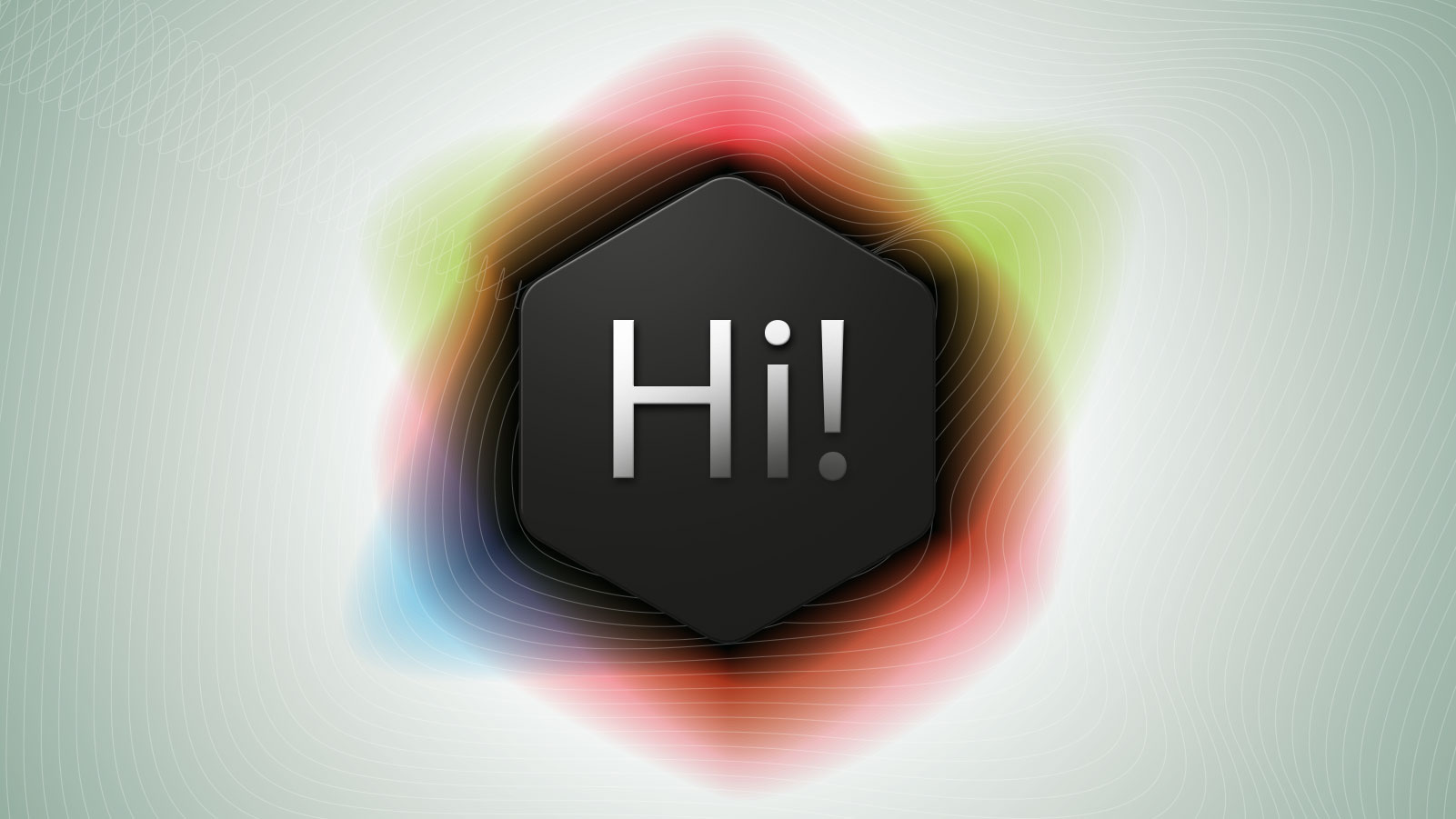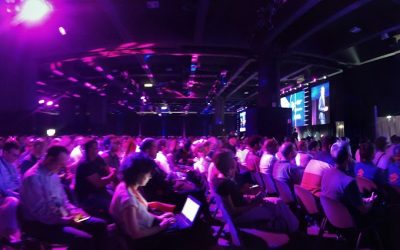An HR manager enters the office, calls the recruiter and says:
“I want to introduce you to your new colleague. She is able to hold hundreds of interviews a day and get you a list of suitable candidates, ordered for fitting the position sought. Her name is Lyza. She’s not human, she’s an HR chatbot.”
They are not chronicles from a distant future and not even from a near one, it is what is already happening today.
Artificial intelligence is finding concrete applications in many sectors of the market, especially in the form of the conversational interface: chatbots.
What are chatbots
Chatbots are software that simulate human conversations, used in the most varied areas: customer care, help desk, travel assisting, sales and in the HR field.
The use of bots, in fact, is more useful when facing repetitive tasks, and large volumes of requests (we have extensively talked about that in a previous article)
In the field of Human Resources, the selection is the most challenging activity in terms of time devoted to curricula screening and skim interviews.
Who is Lyza, your new Bot Assistant
That is where comes the idea of Lyza, a virtual recruiter able to interact with wannabe workers through a first “interview” chat. In this way, the screening phase becomes an automatic task managed independently, in order to ensure the identification of suitable and more adherent talents to the position sought. Thusly, the recruiter is eased of a dull and mechanically-drawn workload.
In each “chat” for the open positions Lyza collects:
- personal and contact details of the candidates,
- skills and previous experience relevant to the position,
- motivation and availability indicators of the candidate.
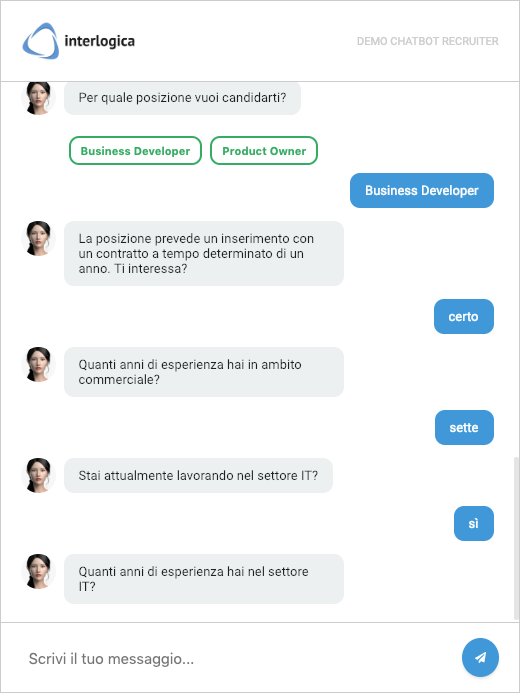
On the answers basis, and thanks to ad hoc algorithms, Lyza is able to identify the relevant candidatures and classify them accordingly to a matching percentage between the answers provided by the candidates and the requirements for the position.
To all intents and purposes, Lyza, therefore, cover the very first stages of the selection process:
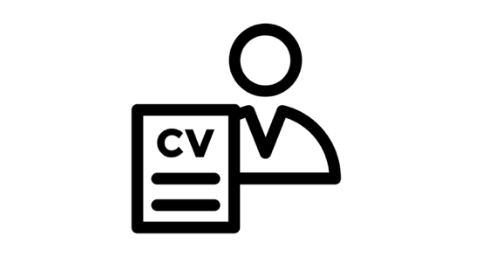


Chatbot recruiter reviews the classic recruiting process and makes it automatic and efficient in its execution, with a significant reduction of time-to-hire and the effort usually involved.
It can easily integrate with technological solutions already in use – for example with recruiting software like our Hirebop – and be used in different phases of research and selection, both as a tool of candidacy, and, at the end of the traditional process, for the screening of the applications.
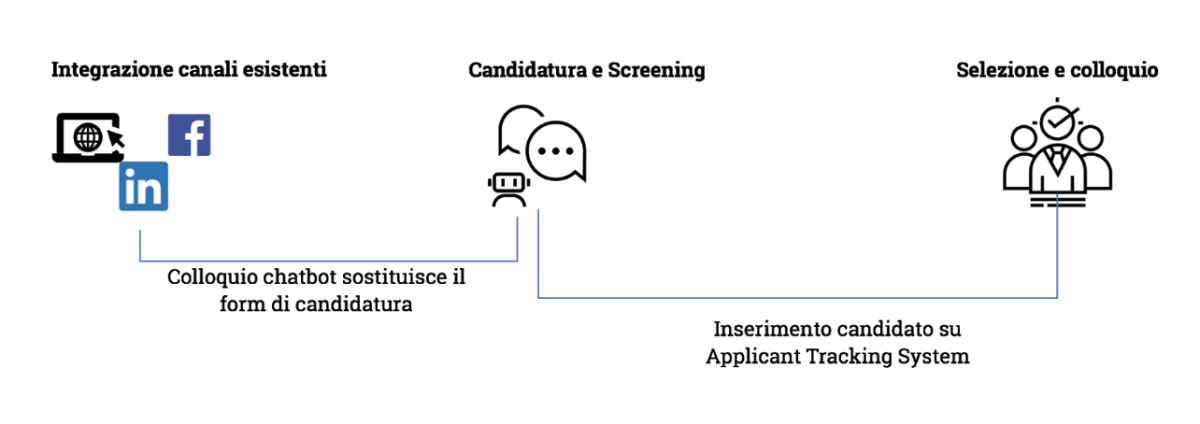
A completely new candidature experience: on-demand and multichannel interview
Unlike the most common bots, Lyza does not simply answer the requests of the users, but asks the questions in a dynamic way, articulating a real job interview.
The Artificial Intelligence of the chatbot is able to elaborate the natural language used by the candidates (through the NLP – Natural Language Processing), namely, it manages to interpret and interact with a colloquial lexicon.
On the basis of the answers replied, Lyza branches the flow of conversation in order to ask pertinent questions to output received. Anyone who is conversing with her has the impression of performing a real-time interview, interacting with a recruiter in flesh.
Within predefined contexts, it is possible to answer questions that the candidates ask about the contract, training or the position for which you are conducting the interview – just to give some examples.
Goodbye application forms!
The application experience, thus, is completely modified: enough with the fill-in of tedious application form! If you are a candidate you can have a real on-demand interview with Lyza, according to your preferences and calendar needs.
In this way, each person is enhanced with the opportunity to access a job interview. The evaluation outcome and the questions themselves will depend on the answers returned to the chatbot.
Dozens, or thousands of possible candidates, cannot affect the performance of the bot (an indefinite amount of simultaneous requests).
The experience of people improves because it becomes:
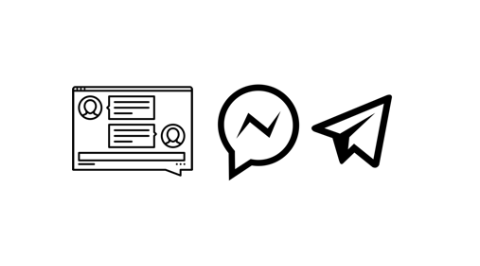
You can apply via chatbot within a corporate website, apps such as Messenger, Skype, Telegram or other messaging systems.

The same chatbot can lead the same interview in different languages.
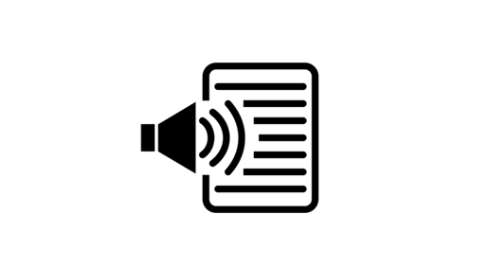
The candidate can either write the answers or reply verbally (Voice to Text).
The approach changes: from “human resources” to “human relationship”
One of the greatest fears in adopting this type of technology is the total automation of the selection process, the idea of the infamous super-performing machine that replaces and makes “obsolete” the people who for years have specialized in researching, assessing and selecting new workers.
It seems paradoxical, but technology, in this case, plays a completely opposite role: it makes human work more “human”. It then goes from a vision of “Human Resources” to one of “Human Relationship”.
Much of the recruiter’s working time is devoted to screening, namely to search among the multitude of candidates for the most suitable and adherent to the ideal profile, scrolling countless CVs, using as a filter the information coming from the cold application forms and dedicating valuable time to short get-to-know-each-other calls.

Having the burden of repetitive functions, the Artificial Intelligence guarantees to the human intelligence to give the best of itself so to focus exclusively on activities which create a value-added human bond. The work done by the chatbot is, therefore, mechanized support to the important actions carried out by the recruiting professionals such as: getting in touch, empathizing, deepening, relating with people looking for job opportunities.
In conclusion, the technological development underway in the HR framework does nothing but highlighting how the focus of the discourse must necessarily shift from “Human Resources” onto “Human Relations”.
Like Lyza?
If you need a virtual assistant to take care of repetitive tasks with little value, we can help you. Lyza and other “colleagues” of hers can easily be at your service in many different areas. Performance, productivity and integration with the software you already own, are a guarantee.
Write to [email protected] and we will reveal a world of possibilities.
You might also like:
How I limber your recruitment
Robotic Process Automation: intelligent software gets in
Artificial Intelligence, beyond Robotic Process Automation
